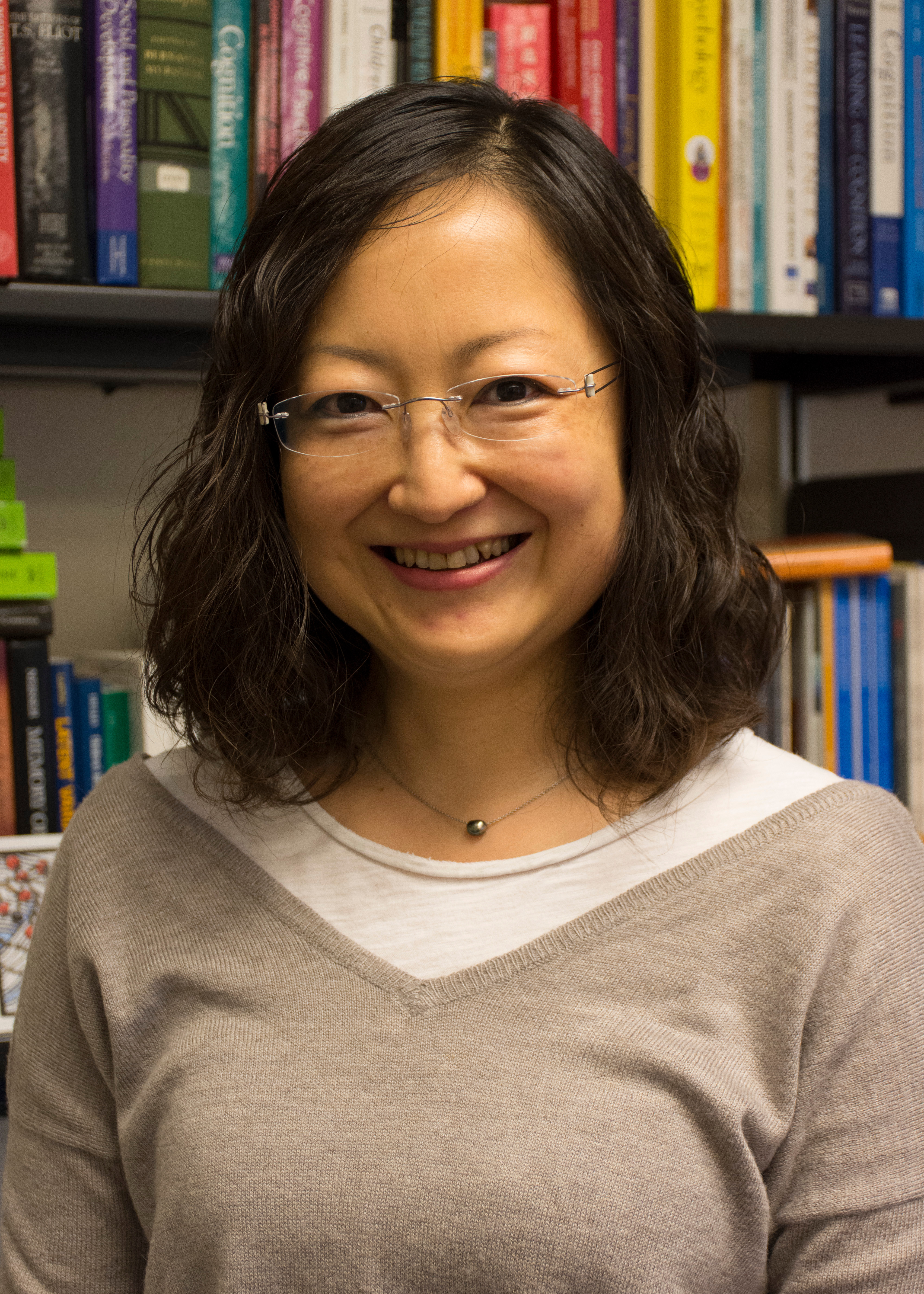FEATURES
New HD faculty explore the power of identity and positive youth development
 Human Development has added two new faculty members this year, Misha Inniss-Thompson and Adam Hoffman. Click here to read more.
Human Development has added two new faculty members this year, Misha Inniss-Thompson and Adam Hoffman. Click here to read more.
Connecting communities with brain science
 The Bronfenbrenner Center for Translational Research (BCTR) is launching a new project – the Community Neuroscience Initiative, (CNI) headed by four Human Development faculty, Anthony Burrow, Marlen Gonzalez, Eve De Rosa, and Adam Anderson. All have been engaged in STEM outreach and engagement and envision CNI as a way to build connections between neuroscience research, STEM education, and community empowerment. Click here to read more.
The Bronfenbrenner Center for Translational Research (BCTR) is launching a new project – the Community Neuroscience Initiative, (CNI) headed by four Human Development faculty, Anthony Burrow, Marlen Gonzalez, Eve De Rosa, and Adam Anderson. All have been engaged in STEM outreach and engagement and envision CNI as a way to build connections between neuroscience research, STEM education, and community empowerment. Click here to read more.
The risk of silence and the underreporting of concussions

Concussion injuries among high school and college athletes have become a central concern in youth sports. Prompt self-reporting of a concussion immediately improves brain recovery and is necessary to reduce second-impact syndrome, rapid swelling of the brain after a person receives a second concussion before symptoms of the first concussion have subsided. Unfortunately, repetitive head injuries in adolescents and young adults are often underreported. Peter Ajayi, HD’19, David Garavito, JD/PhD ’21, and Valerie Reyna, professor of human development, are the first to detail an association between socioeconomic status (SES) and concussion reporting intentions among adolescents and young adults. Click here to read more.
HD students achieve during the COVID-19 pandemic

Despite the restrictions on campus to prevent the spread of COVID-19, graduate and undergraduate students in Human Development persisted and excelled in their research and outreach activities. Click here to read more.



 Karl Pillemer
Karl Pillemer


